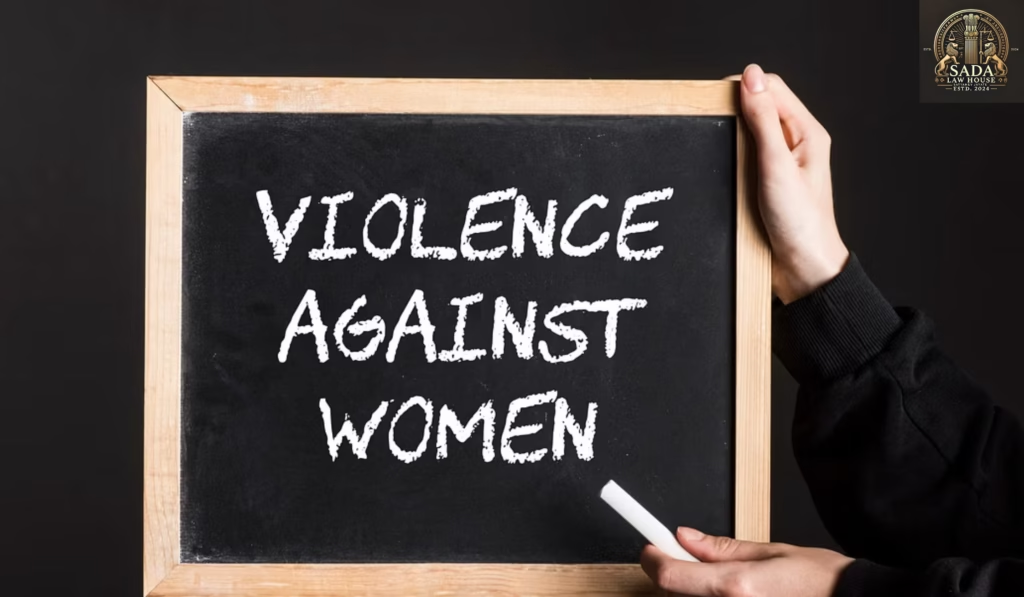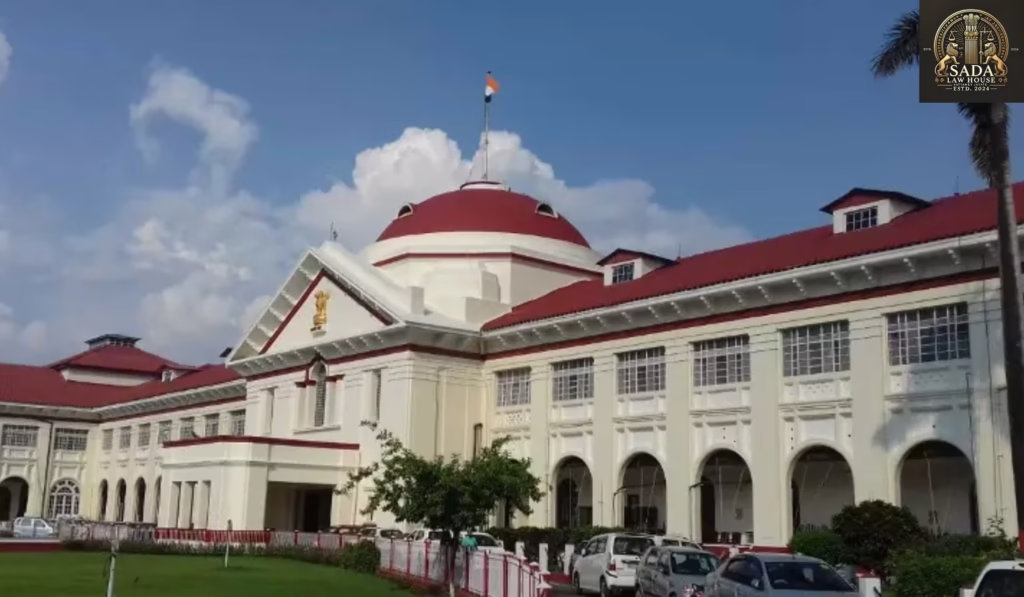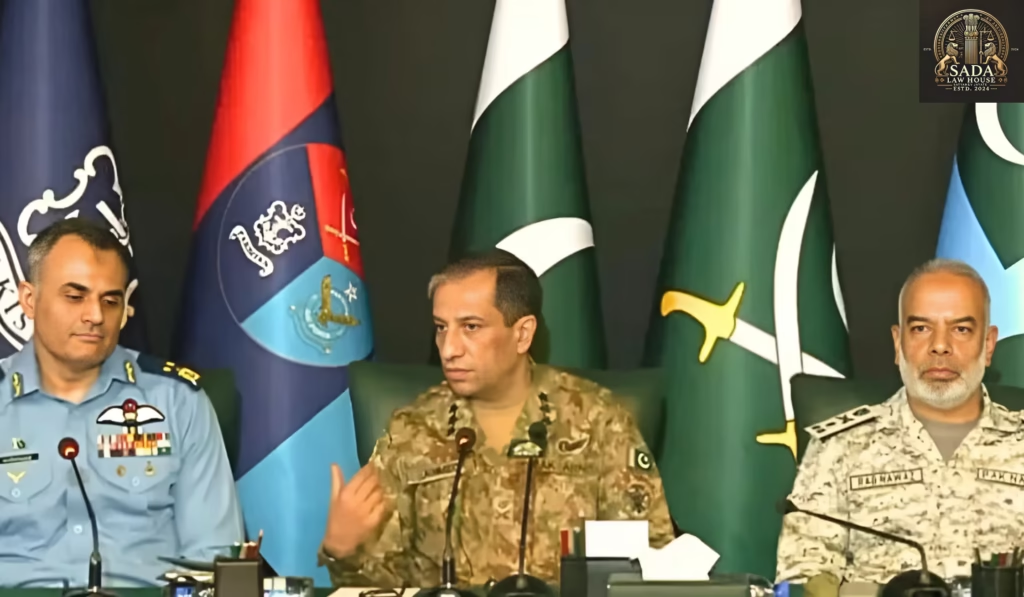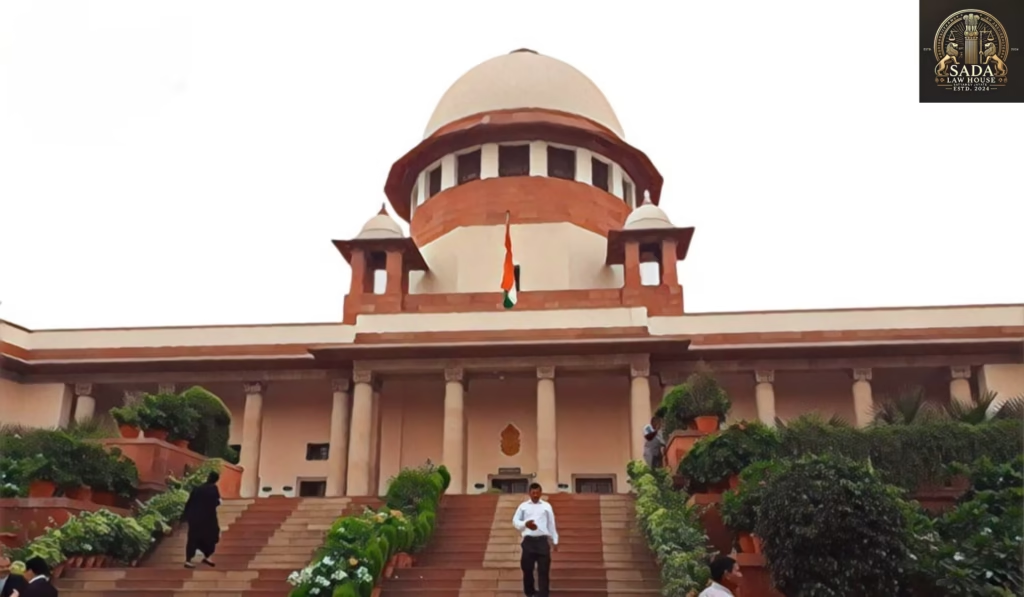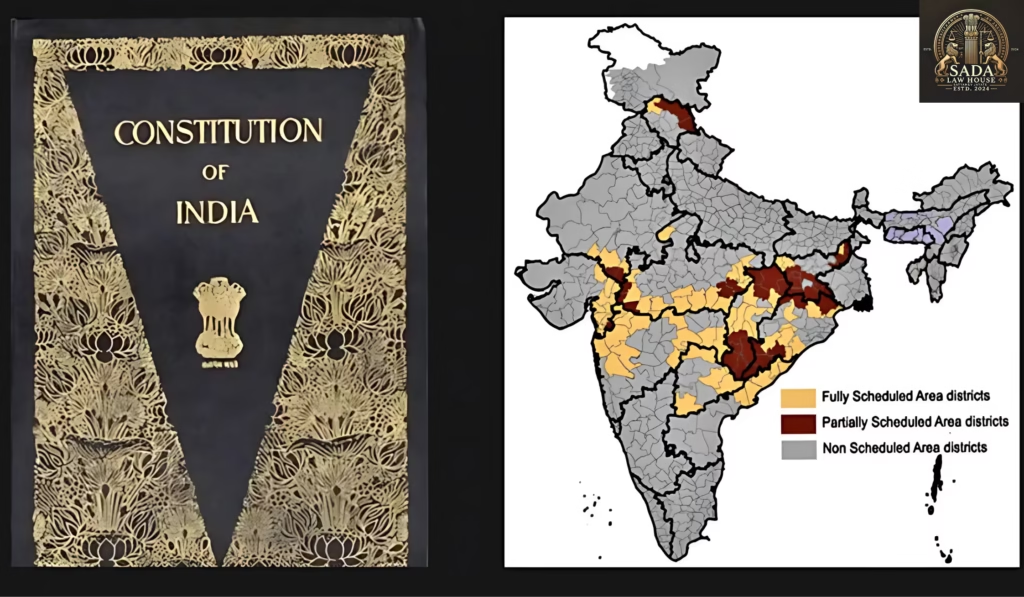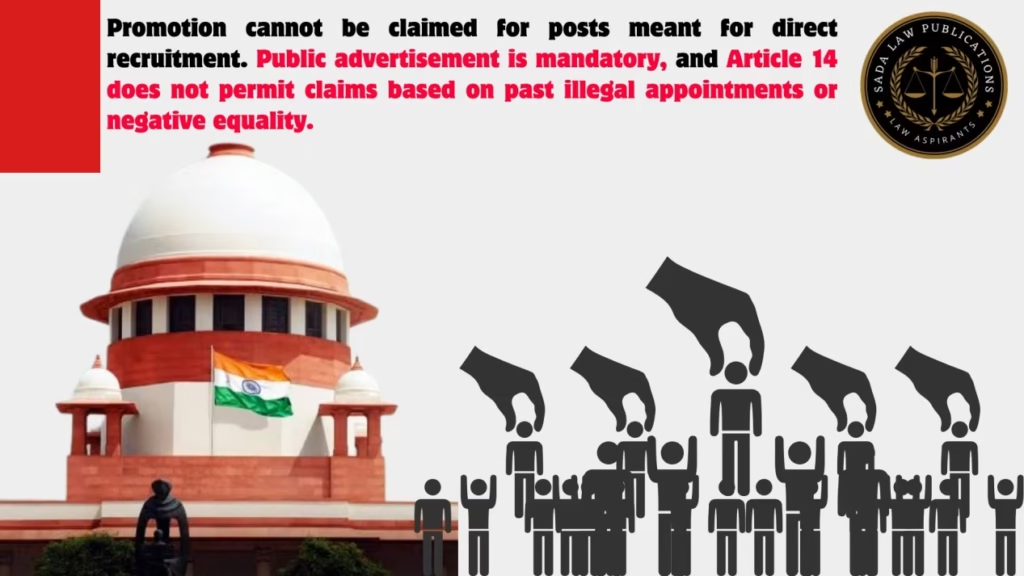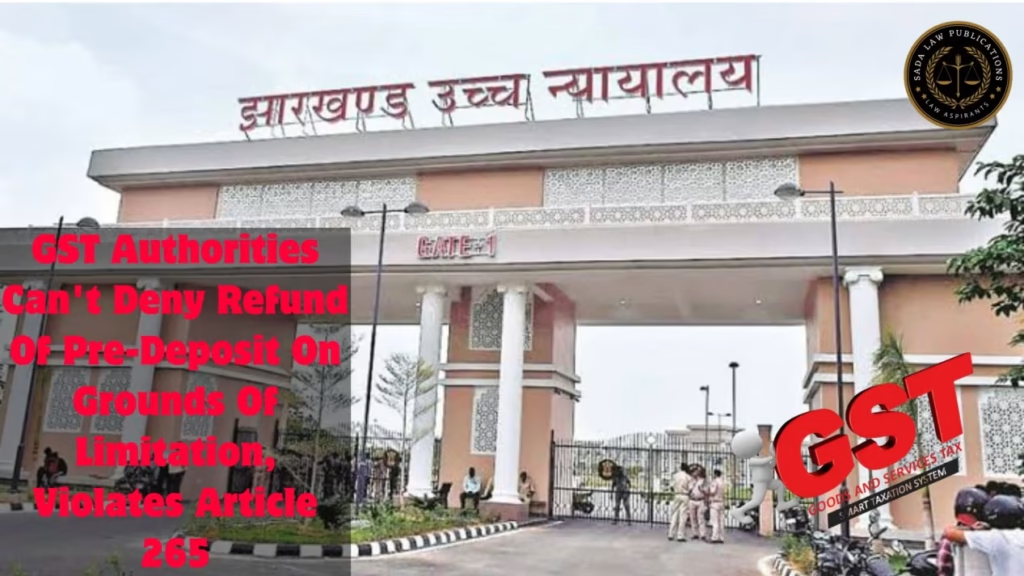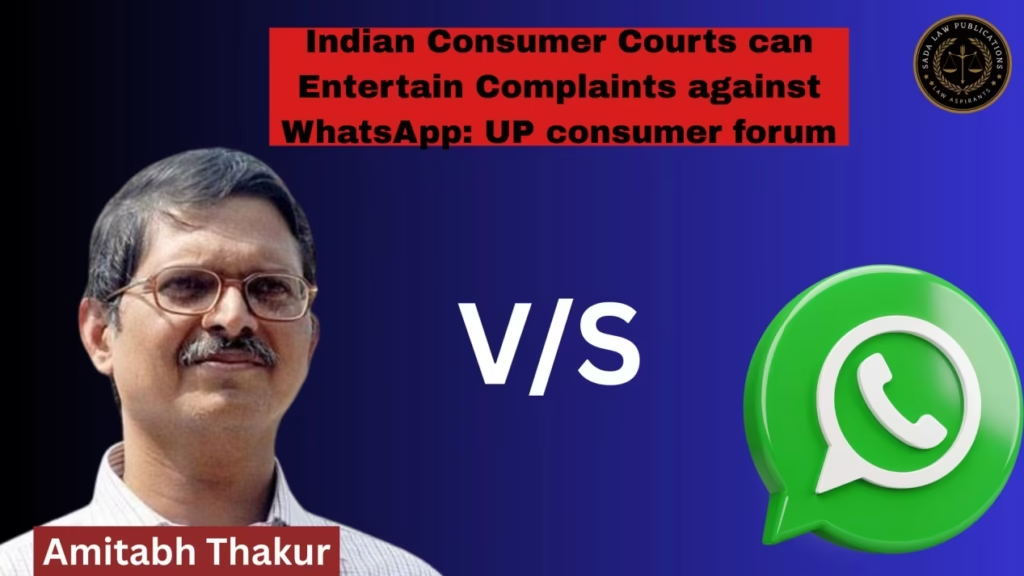Delhi Airport Disruptions: 97 Flights Cancelled, 150 Delayed Amid Regional Tensions
Trending Today Delhi Airport Disruptions: 97 Flights Cancelled, 150 Delayed Amid Regional Tensions Stalker Arrested for Chemical Attack on Female Advocate Amid Months of Harassment Patna HC Rules Mandatory Retirement for Unapproved Absences as Excessive: A Case Analysis Pakistan Air Force Officer Admits Role in Pulwama Attack: Tactical Brilliance or Strategic Misstep? Supreme Court Upholds Bar Council of India’s Power to Conduct All India Bar Exam for Advocates Legal Rights of Non-Tribals in Scheduled Areas: Supreme Court’s Verdict in Adivasis for Social and Human Rights Action v. Union of India (2023) How Global Powers Reacted to the India-Pakistan Standoff: A Nuclear Flashpoint in Focus Supreme Court: No Promotion for Posts Meant for Direct Recruitment – Nitu Kumari & Jyostnamayee Mishra Case Analysis Jharkhand High Court: GST Refund of Pre-Deposit Can’t Be Denied Due to Limitation, Cites Violation of Article 265 Indian Consumer Courts Can Hear Complaints Against WhatsApp, Rules UP Consumer Forum Delhi Airport Disruptions: 97 Flights Cancelled, 150 Delayed Amid Regional Tensions MAHI SINHA 12 May 2025 Delhi’s Indira Gandhi International Airport saw major travel disruptions as 97 flights were cancelled and over 150 delayed due to heightened security and airport closures linked to tensions with Pakistan. Major Flight Disruptions at Delhi Airport Amid Tensions Indira Gandhi International Airport in Delhi faced significant disruption on Sunday, with 97 flights cancelled and over 150 delayed. These issues followed the closure of airports across northern and western India due to escalating regional tensions with Pakistan, despite a ceasefire agreement announced just a day earlier. Breakdown of Cancelled and Delayed Flights Out of the 97 cancellations: 96 were domestic flights, split between 44 arrivals and 52 departures. One international flight, AI-139 to Tel Aviv, Israel, was cancelled. According to FlightRadar, over 150 aircraft were delayed on Sunday, with delays averaging 15 minutes. The previous day was worse, with more than 200 delays and 60 cancellations. Closure of 32 Border-State Airports for Security The disruption stems from the temporary closure of 32 airports in states close to the India–Pakistan border. The Directorate General of Civil Aviation (DGCA) stated the closures, due to operational and security reasons, will last from May 9 to May 14, 2025. These airports are primarily located in India’s north, northwest, and western regions, making Delhi Airport a critical hub during this period. Delhi Airport Remains Operational Despite widespread closures, Delhi Airport continues to operate and serve as the main aviation hub for northwest India. Flights are also running from nearby cities like: Dehradun Lucknow Jaipur These cities provide limited backup for rerouted passengers and emergency operations. Stringent Security Measures Implemented To manage heightened risks, the Bureau of Civil Aviation Security (BCAS) has ordered: Enhanced screening at all airports Mandatory Supplementary Ladder Point Checking (SLPC) Restricted terminal access for non-travelers Additional vehicle and perimeter security checks Travelers are advised to arrive at least three hours early and expect extended waiting times. CISF Takes Charge of Baggage and Cargo Security The Central Industrial Security Force (CISF) has been given expanded oversight, including control over: The In-line Hold Baggage Screening System (ILHBSS) Cargo operations Access control and spot inspections DIG Ajay Dahiya, chief PRO of CISF, confirmed that their forces have been deployed to supervise critical airport infrastructure and improve security readiness during this sensitive period. Delhi Airport’s Advisory and Operational Status Delhi Airport announced, “Operations are normal,” but acknowledged that airspace restrictions and tightened security may cause processing delays at check-in and security. Passengers are urged to stay updated with their airlines and travel with additional time to avoid missed flights. Conclusion: Stay Informed and Travel Smart The situation at Delhi Airport highlights how geopolitical tensions can significantly impact air travel. With airport closures in border areas and increased security nationwide, passengers must plan accordingly.Stay informed, follow airline alerts, and prepare for longer wait times. As operations gradually stabilize, the proactive efforts by agencies like BCAS, CISF, and DGCA aim to ensure both passenger safety and smooth travel. Leave a Reply Cancel Reply Logged in as Sada Law. Edit your profile. Log out? Required fields are marked * Message* Live Cases Delhi Airport Disruptions: 97 Flights Cancelled, 150 Delayed Amid Regional Tensions Delhi Airport Disruptions: 97 Flights Cancelled, 150 Delayed Amid Regional Tensions Sada Law • May 12, 2025 • Live cases • No Comments Stalker Arrested for Chemical Attack on Female Advocate Amid Months of Harassment Stalker Arrested for Chemical Attack on Female Advocate Amid Months of Harassment Sada Law • May 12, 2025 • Live cases • No Comments Patna HC Rules Mandatory Retirement for Unapproved Absences as Excessive: A Case Analysis Patna HC Rules Mandatory Retirement for Unapproved Absences as Excessive: A Case Analysis Sada Law • May 12, 2025 • Live cases • No Comments 1 2 3 … 5 Next »
Delhi Airport Disruptions: 97 Flights Cancelled, 150 Delayed Amid Regional Tensions Read More »


